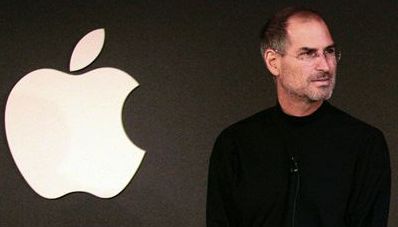Apple’s Steve Jobs Takes Second Medical Leave

Apple’s chief executive Steve Jobs is taking a medical leave of absence, similar to his 2009 break
Apple chief executive Steve Jobs is to take a second medical leave of absence from the company, he announced in an email to employees on Monday morning.
Fifty-five-year-old Jobs received treatment for pancreatic cancer in 2004 and took a leave of absence from Apple in 2009, during which he received a liver transplant. In 2010, he led the company from the front, handling the iPhone 4 antenna controversy personally, and winning the Financial Times’ Person of the Year award, as Apple’s profits continued to grow
Continued involvement
In the email, Jobs said he would continue as Apple’s chief executive and would be involved in the company’s major strategic decisions, while chief operating officer Tim Cook will handle day-to-day operations. The arrangements are similar to those put in place for 2009’s six-month leave.
 “At my request, the board of directors has granted me a medical leave of absence so I can focus on my health,” Jobs wrote in the email.
“At my request, the board of directors has granted me a medical leave of absence so I can focus on my health,” Jobs wrote in the email.
“I have great confidence that Tim and the rest of the executive management team will do a terrific job executing the exciting plans we have in place for 2011. I love Apple so much and hope to be back as soon as I can. In the meantime, my family and I would deeply appreciate respect for our privacy.”
Jobs received treatment for pancreatic cancer in 2004 and made few public appearances for the following two years. In 2008 media outlets pointed out that he was noticeably losing weight, and this speculation led Apple to deny that there had been any after-effects to the surgery.
Jobs had a liver transplant in April 2009 during his first leave of absence.
Health controversy
Controversy has lingered over the way Apple has handled disclosure of Jobs’ health situation, including questions about how Jobs was able to receive his liver transplant so rapidly.
Apple was under pressure during Jobs’ last absence to show that the company could operate and maintain its stock price even in the absence of the CEO, who is considered its figurehead and driving force. Certain pundits have argued that it is precisely because of Jobs’ one-of-a-kind position that Apple should have been more forthright about his condition; but aside from vague statements, Apple has remained impressively close-lipped about Jobs’ health.